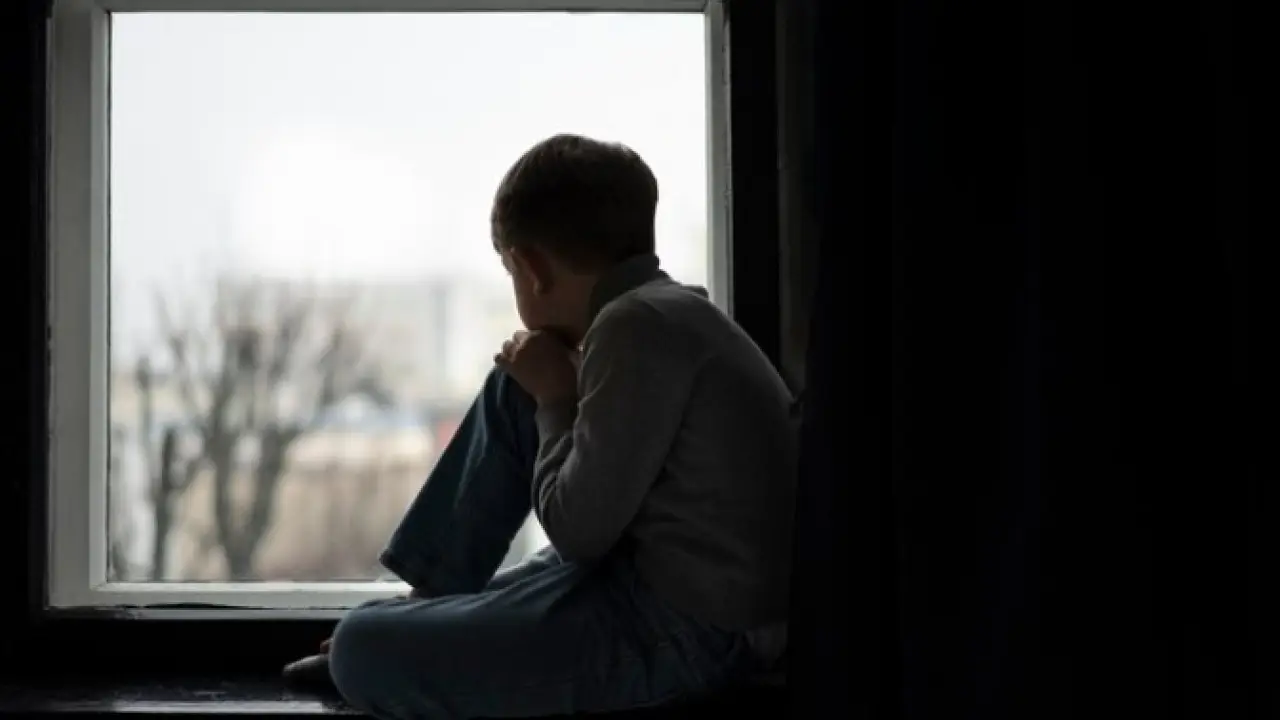
Bad luck (Freepik)
Friday the 13th, a date shrouded in superstition, is regarded as unlucky in many Western cultures. This phenomenon occurs when the 13th day of any month falls on a Friday. It happens at least once a year but can occur up to three times in certain years. For instance, in 2015, it appeared in February, March, and November—a pattern expected to repeat in 2026. Leap years that start on a Sunday, like 2012 and 2040, also experience three Friday the 13ths in January, April, and July.
The occurrence of this date varies annually. Between 2017 and 2020, there were two Friday the 13ths each year, as seen in 2023. Meanwhile, years like 2016, 2021, 2022, and upcoming years such as 2025, 2027, and 2028 will have just one. In 2024, this date will make two appearances—on September 13 and December 13. The phenomenon arises whenever a month starts on a Sunday, highlighting its unique link to the calendar's mechanics.
The fear surrounding Friday the 13th is a fusion of myths and historical events that have evolved over centuries. Both Fridays and the number 13 were considered unlucky in various cultures. According to Charles Panati's Extraordinary Origins of Everyday Things, Norse mythology plays a significant role. Loki, the mischievous 13th guest at a Valhalla banquet, caused chaos, solidifying 13's negative connotations.
In Christian traditions, the superstition intertwines with the Last Supper, where Judas Iscariot, the 13th guest, betrayed Jesus, leading to his crucifixion on a Friday. Fridays were historically linked to other ominous events, such as Adam and Eve's fall and Abel's murder.
The 19th century amplified the superstition through novels like Thomas W. Lawson's Friday, the Thirteenth, while Hollywood's Friday the 13th franchise and Dan Brown's The Da Vinci Code solidified its modern-day notoriety.





Copyright © 2026 Top Indian News
